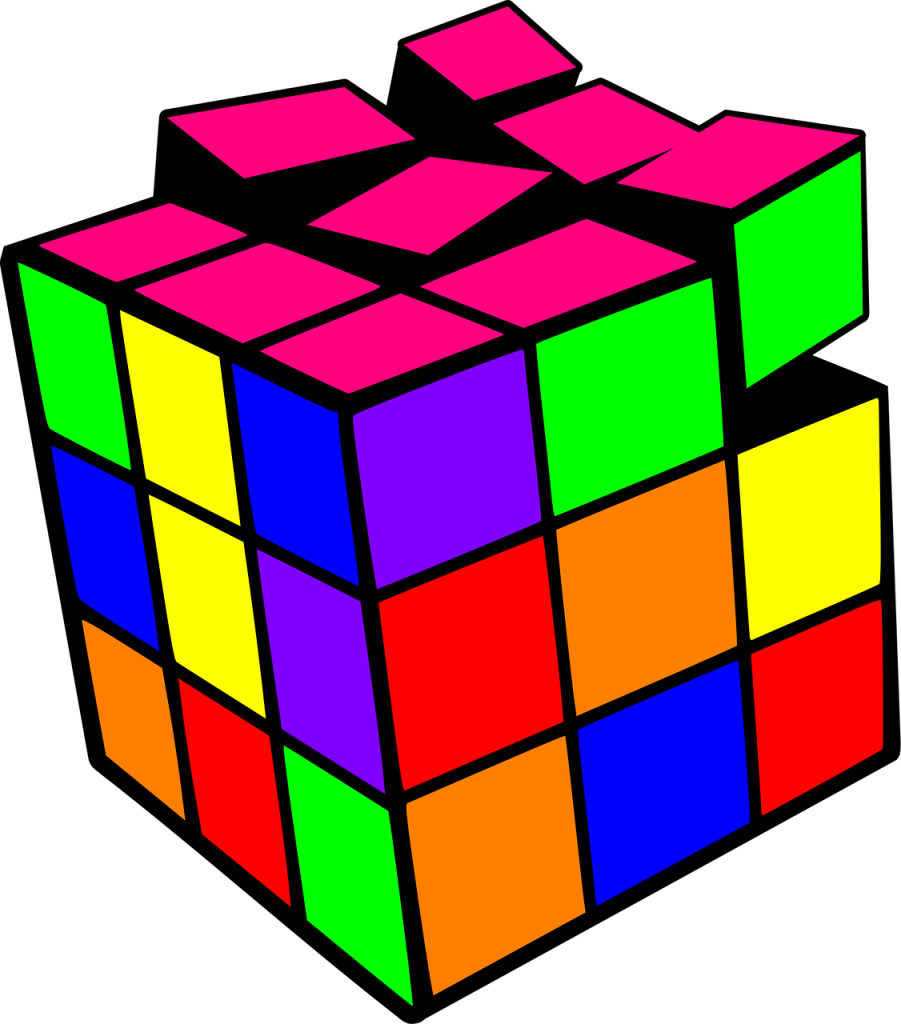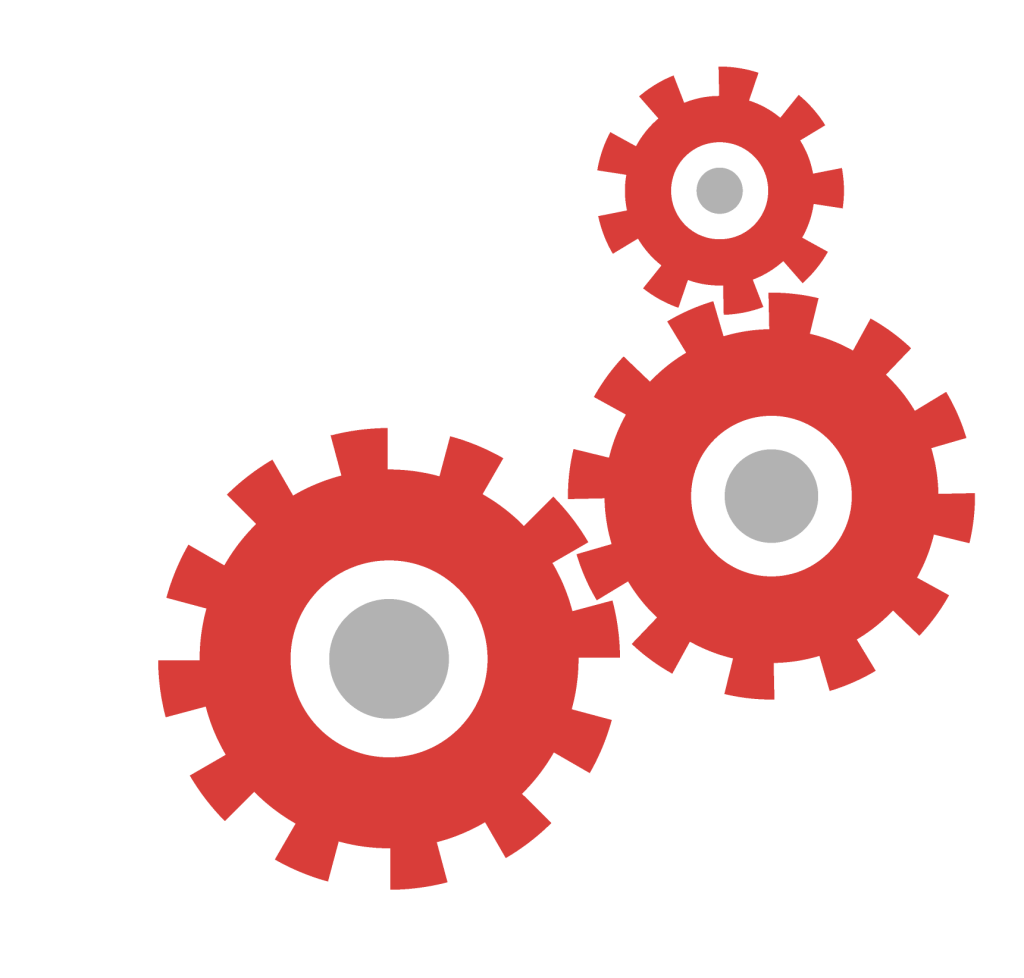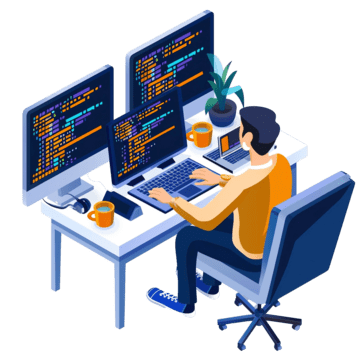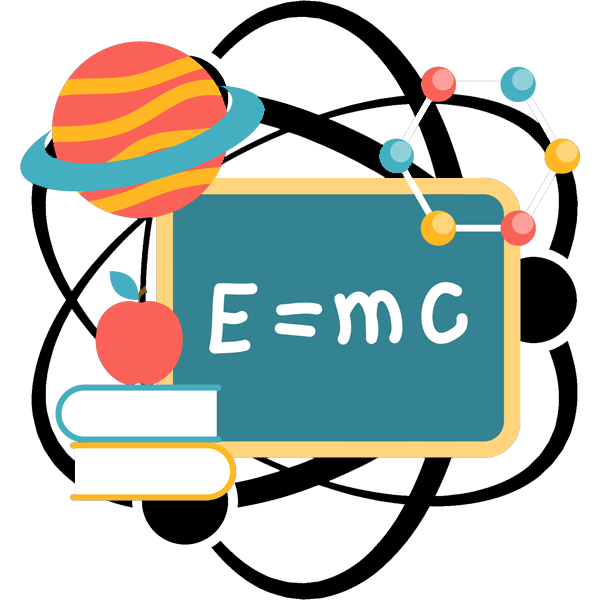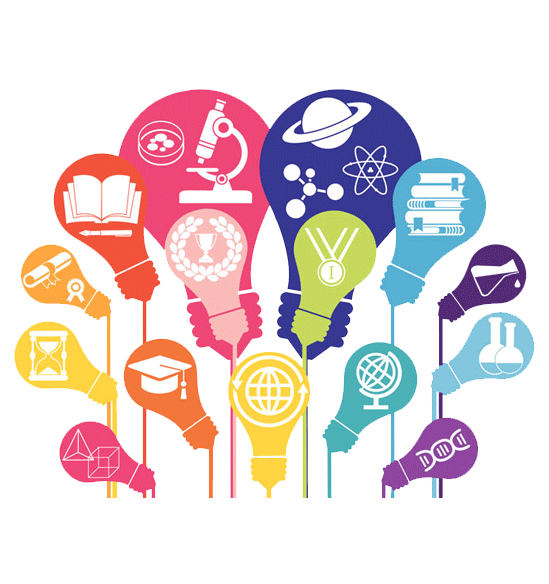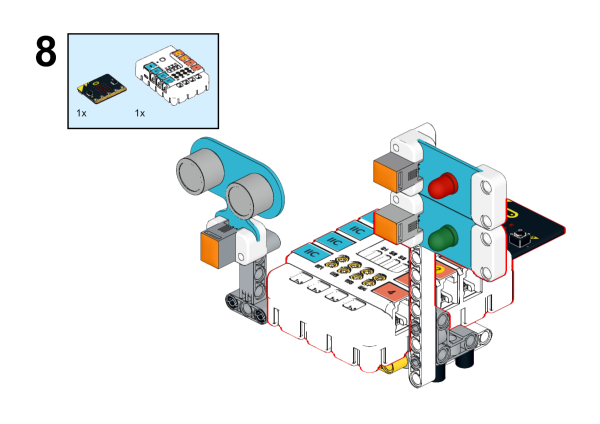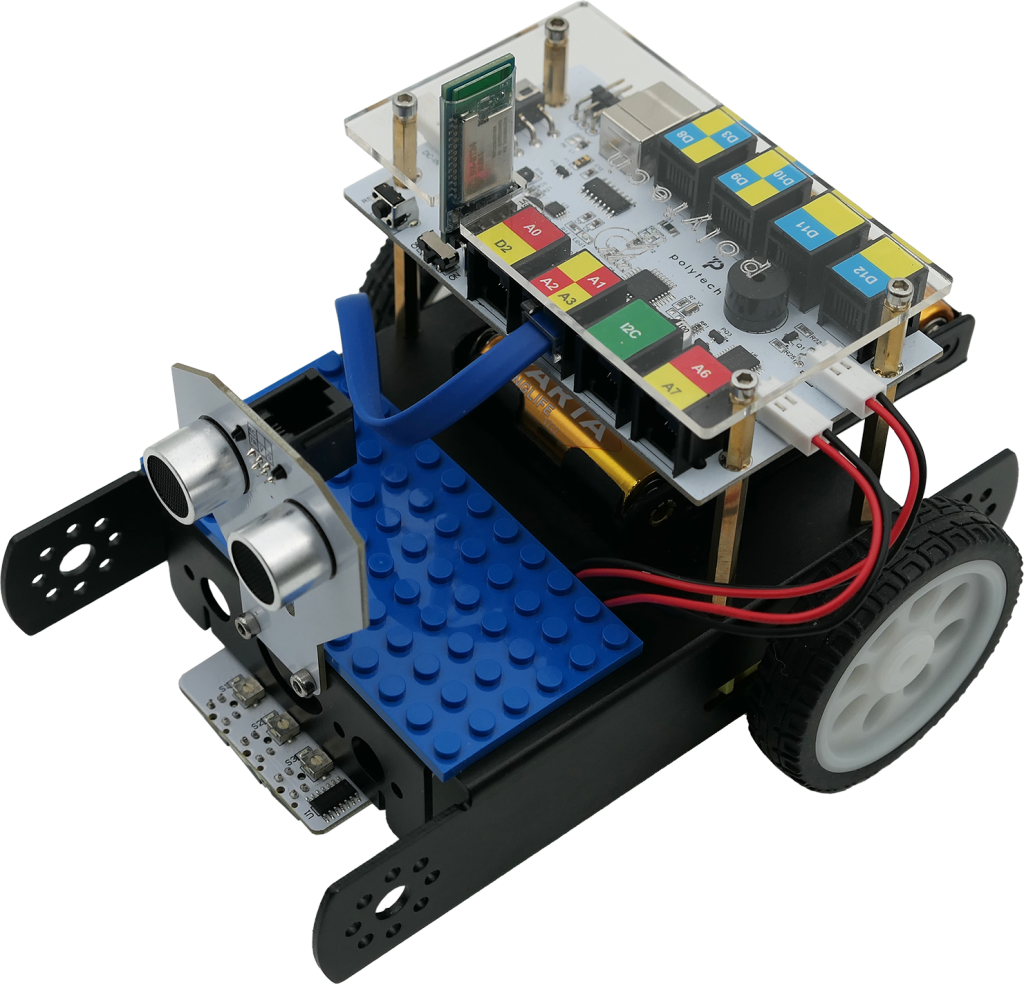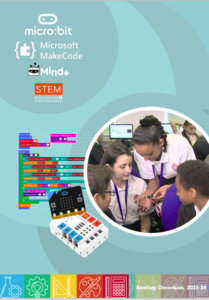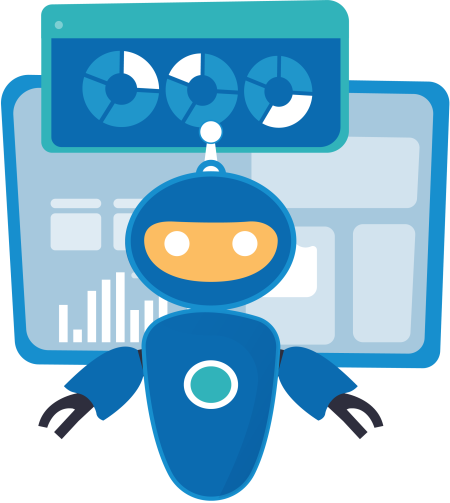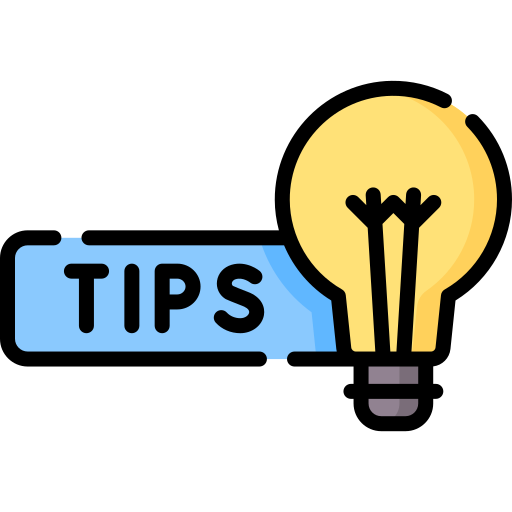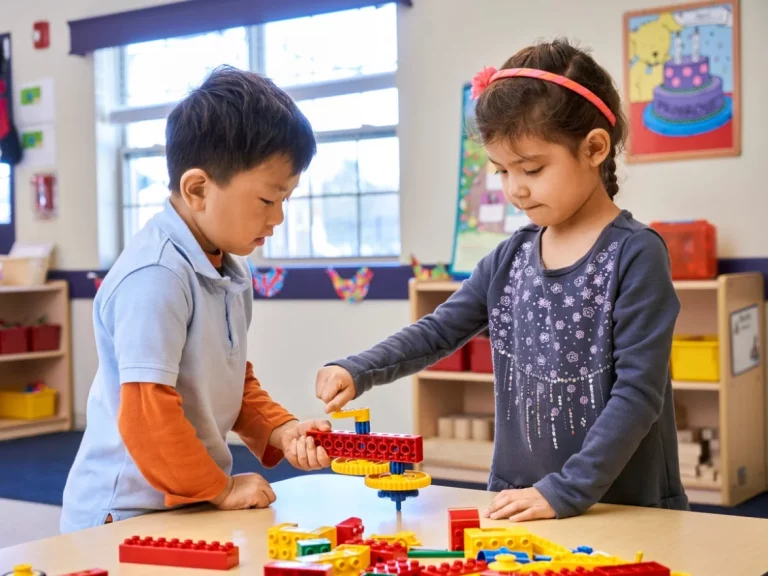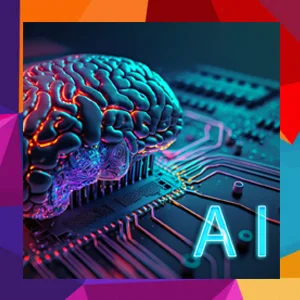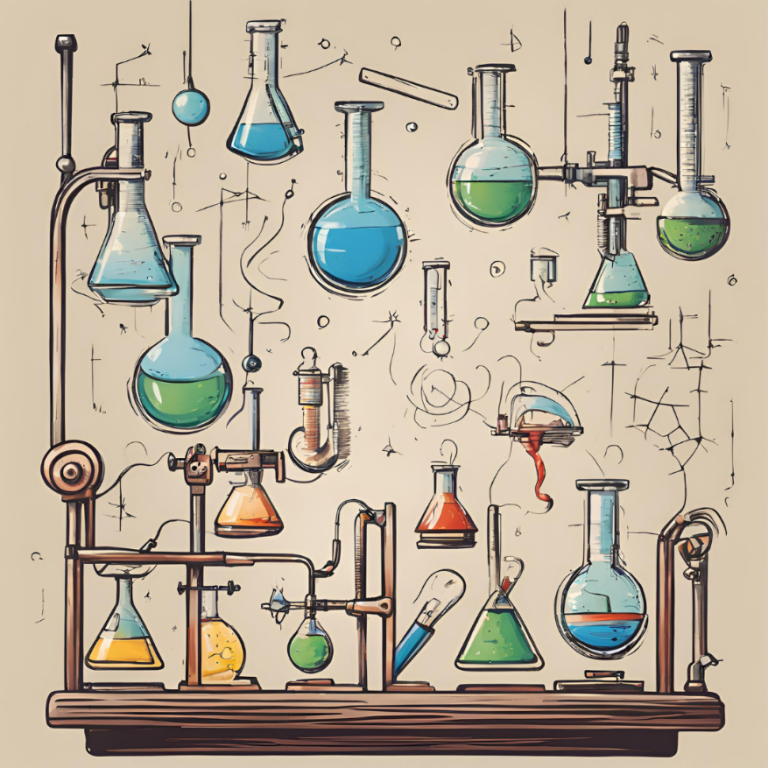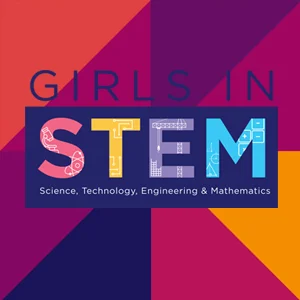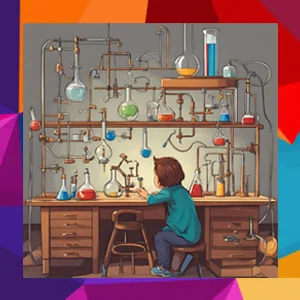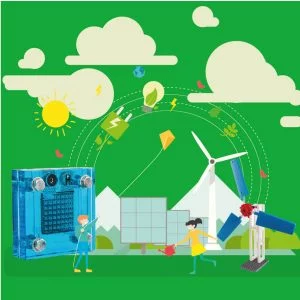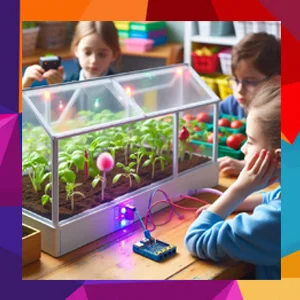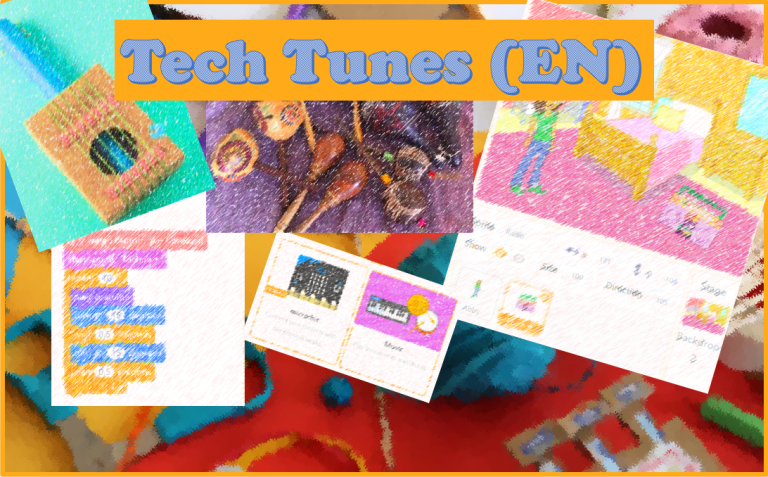- New application for recording data from Serial, plotting them in a diagram and storing them in an .xlsx or .csv file.
- New page with[New developments]
- Team registration/registration form, on the[Competitions] page. Details about the competition can be found here.
- Materials and courses for the use of school equipment.
At the moment there is a focus on the use of the Ministry’s equipment. To this end, cables are being created with which sensors can work with as many boards as possible, the STEM Extension with which we can program S1 & S2 with Mind+, Lego type building materials, Supporting materials with related lessons and books and suggestions. Seminars have been started to make use of the equipment available in schools.
The preparation of the Panhellenic Competition is in progress, for which the registration form for teams, information, the webinars for teachers’ preparation, etc. can be found here.
We can design our own knowledge and skills path.
Starting from what I am and where I want to go, we end up going through similar educational material, which is available in the [Repository] and in the [Repository structure] that is organised to facilitate this journey.
Good navigation.
STEM Skills Workshops

STEM Skills Workshops
Skills Workshops focus on the cultivation of skills so that students are not just passive recipients of knowledge, but learn how to use their knowledge, how to discover new knowledge, how to set goals, how to collaborate, but also how to they take initiatives.
Specifically, through the Skills Workshops, the student cultivates 21st Century Skills – life skills, soft skills, digital skills and is empowered at an individual level (e.g. gains self-confidence and self-esteem, cultivates critical thinking, makes decisions, solves problems , learns how to learn), learns to participate actively in groups (e.g. acquires communication and cooperation skills, cultivates empathy and mutual respect), develops into an aware and responsible citizen of society, with an emphasis on understanding, interpretation and addressing the challenges of the 21st century.
STEM Education welcomes the Skills Workshops as one of the unique opportunities that the syllabus gives to introduce and teach part of them with the STEM methodology.
Today in the school as there are no laboratories in Natural Sciences, the Skills Workshops are the only opportunity for the educational community to delve into pieces of the material based on the experimental process.
STEM Education has developed and has standard Educational Programs with the STEM methodology, from Kindergarten to High School.
Each Program is taught in 9 school hours and consists of:
- One educational kit per two students
- Activities for students
- Detailed guide for the teacher
- FREE two-hour teacher training for the implementation of the program
The STEM Equipment (educational kit) to carry out the activities is based on well-known open architecture processors, such as micro:bit, Arduino and Raspberry. It is programmed with internationally recognized programming languages such as MIT Scratch or Microsoft MakeCode for graphical programming or Python and C for textual programming. It is surrounded by reliable sensors capable of accurately measuring physical quantities related to the teaching of natural sciences. It supports appropriate graphical tools so that children can create graphical representations of their measurements, save and edit them. It also has a large number of building materials with which children can build physics experiment layouts, automation models or autonomous robotic models so that learning becomes play. They are easy to use and functional in terms of energy in the school environment, because they work with batteries and do not need the presence of a power supply at the desk. It is easily programmed with any hardware programming tool tablet or computer. It is accompanied by activities that go hand in hand with the school curriculum and extend it to contemporary topics not covered by the school curriculum.


